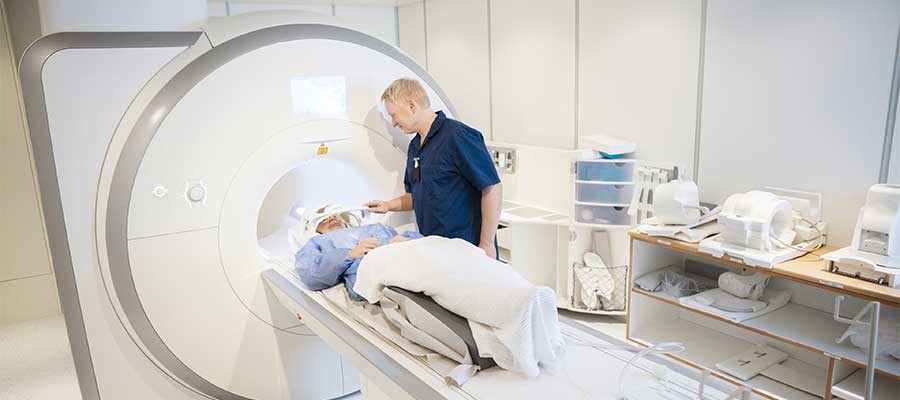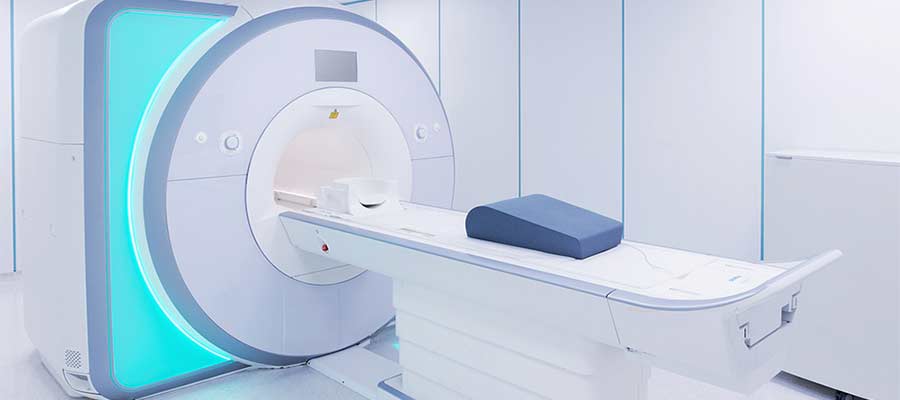MRI Associates in Missouri | Magnetic Resonance Imaging Degree
Become a Magnetic Resonance Imaging tech today with our Magnetic Resonance Imaging Tech Associate’s Degree in Missouri. That is correct if you reside in or near Missouri our MRI technologist Associate’s Degree will prepare you for a positions as an MRI tech in hospitals, diagnostic centers, private physician practices, and clinical throughout Missouri. Since going live Pulse Radiology Instituted has been the top choice for for those in the radiology industry looking for MRI certificate program. Today we are offering associate’s degree in radiology to those in Missouri considering a career as an MRI technologist. This window of opportunity may not be here tomorrow. Call the admission team at Pulse Instituted who to provide you with FREE information on our Magnetic Resonance Imaging Associate’s Degree in Missouri, and answer any questions you may have.
Blog Article Realted to MRI Associates Degree in Missouri
Considering an MRI Technologist Associate Program in Missouri?
Those that become Magnetic Resonance Imaging Techs do it with different goals in mind. The money is more often than not, not the main reason. However, Pulse Education’s MRI technologist are making $75k/year on average. Why is that? The pandemic has created unbelievable opportunities for those looking to pursue entry-level positions as MRI Technologists in hospitals, diagnostic centers, private physician practices, and clinics in Missouri. Now is the time to take control of your future.
Contact the admission team at Pulse Radiology Education who will provide you with FREE information on MRI Tech Associate program. Pulse is a national provider of online MRI, CT, and Mammography Structured Education. We can help you advance your career in the field of radiology from a radiologic technologist to an advanced certified technologist in 14 weeks. Since day one Pulse Radiology has been the preferred destination for Missouri CT & MRI Techs seeking online MRI. We have now extended those capabilities by offering associate’s degree in MRI Technology in Missouri. Why become MRI Technologist? Why an Associate in Magnetic Resonance Imaging? American Registry of Radiologic Technologists Certified MRI techs average salary in Maine is $33.57 hourly! We have the MRI Technologist program you want! Call us today.



